Recently, I got the same question from a few people who were interested in how I manage to read so many books during a year. To save time, I decided to write this post and share some useful tips on reading from my personal experience.
Tip 1: Listen to audiobooks
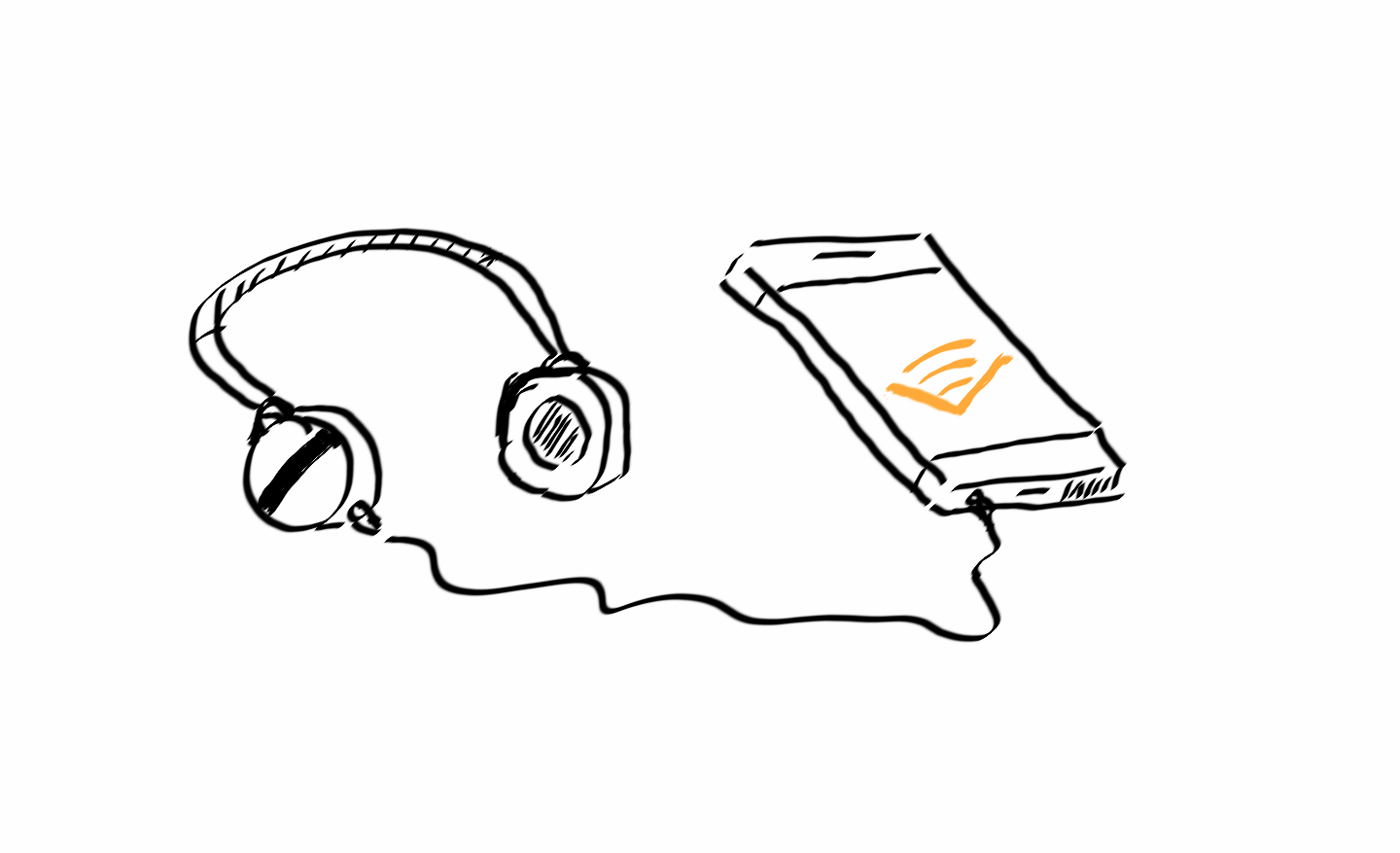
To be precise, I don’t read a lot of books nowadays but listen to them. I discovered that I feel more comfortable with audio versions of books than with printed or electronic ones. This way I can give some rest to my eyes which might be already tired of staring at a computer screen or reading documents at work. Apart from that, it helps to develop your listening skills if you are listening in a foreign language. If I come across a specific book or a part of it that I just cannot grasp listening, then I turn to “traditional” reading.
Many online stores and services sell audiobooks today, and you have plenty of freedom to decide which one to choose. I personally prefer Audible, which is a subscription-based online service. It has a wide range of books on different topics, apps for mobile phones and helpful recommendation features. A subscription nature of this service encourages you to listen to at least one new book each month.
You can give it a try and listen to a few audiobooks too and then decide if you are comfortable with it.
Tip 2: Extend your time
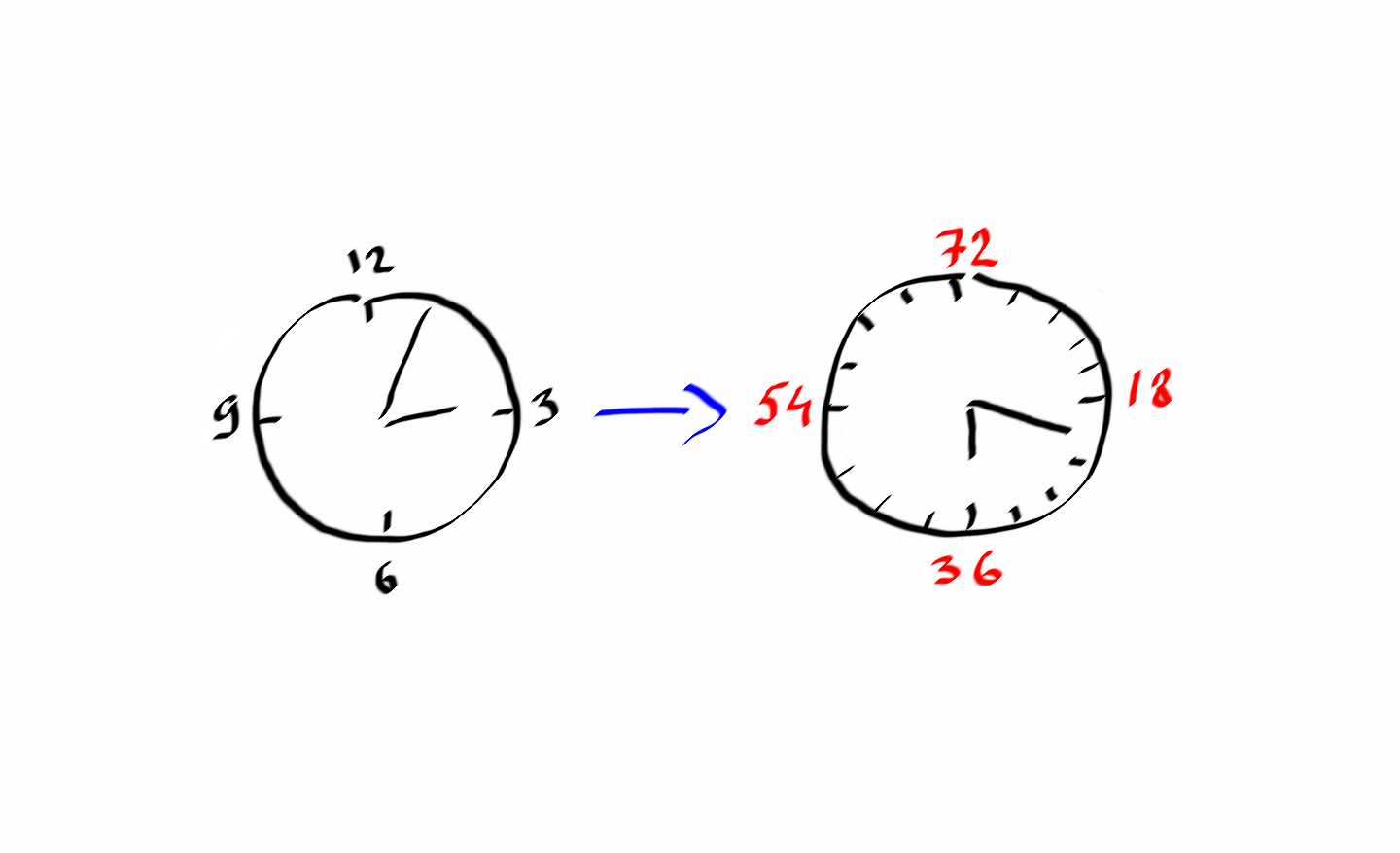
Using different book formats (audio, eBook, paperback, etc.) gives you some freedom in choosing places and times when you can enjoy your reading. Commuting to work, going for a run or a walk, lifting weights in the gym, waiting in line – all these situations can be opportunities for reading or listening.
When I commute to my office by car, that takes me at least an hour daily, I spend this time listening to audiobooks. If I go by public transport, it is two hours of reading with my Kindle app. When I find myself waiting in a bank, doctor’s office or anywhere else, I use these occasions for “reading” too.
You will be amazed how much time you have if you stop scrolling Facebook app on your phone and swiping your fingers in some mindless mobile game. Most people do this all the time: when they feel bored, they try to entertain themselves. You can try to replace these habits by opening a reading app or pressing a play button on an audiobook instead.
Tip 3: Have a reading list
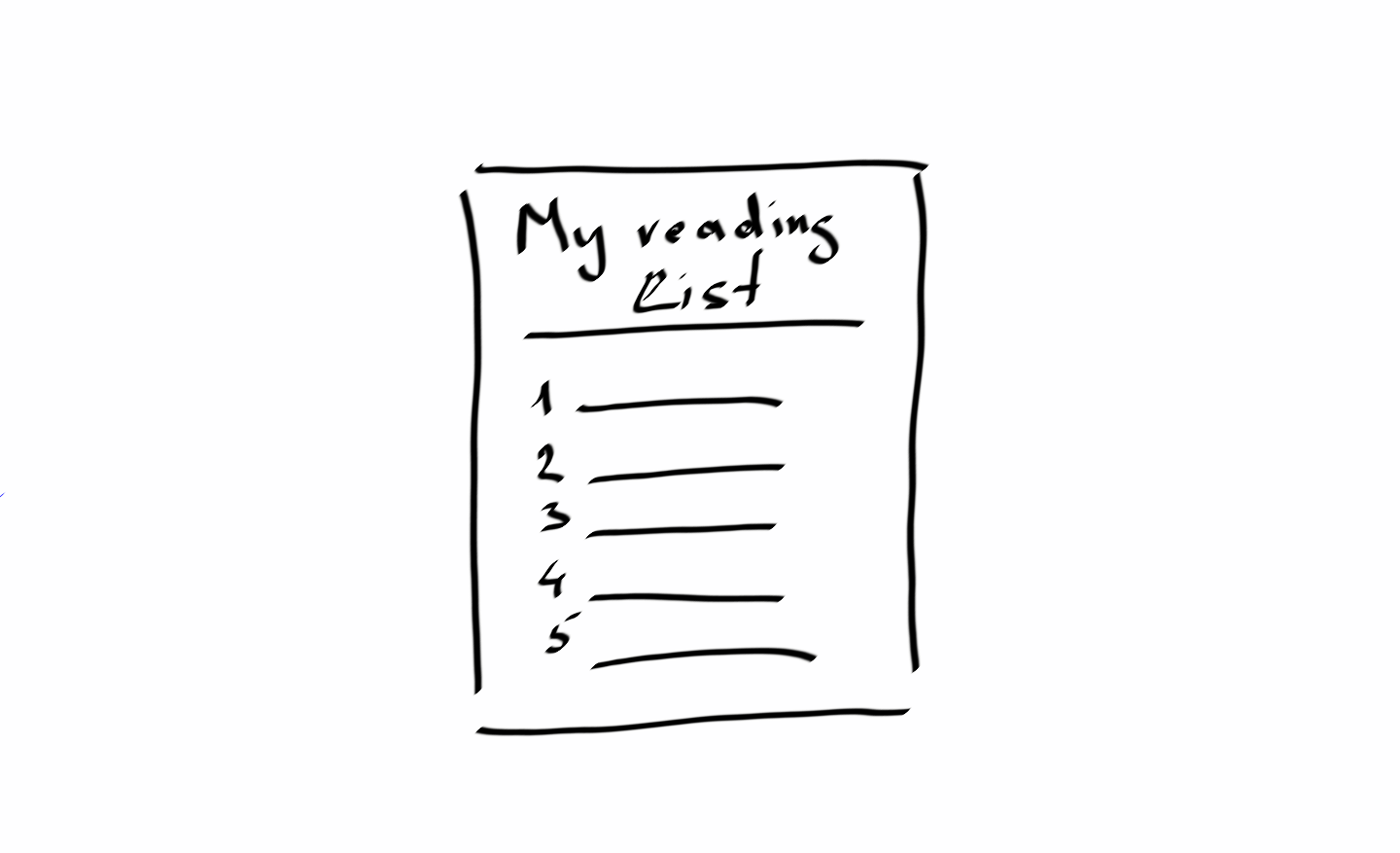
For me, it is much easier to do something that I have already planned than to decide spontaneously on what to do. If you feel the same way, you can start composing a list of titles you would like to read.
Each time I am recommended a good reading, I make a note on it in my notebook or better yet add it to my wishlist on Audible or Amazon Kindle Books. Therefore, later when I decide on what to read next, I just pick a title from my list that I feel most interested about at that time. Also, I read books in a pre-planned order, but this is not always the case because while reading I might find a reference to more exciting writing and change the reading order.
As I “read” books in different formats, I usually have separate lists for books to listen to, to read with Kindle or to buy a paperback. For this reason, most of the time I “read” a few books in parallel.
Tip 4: Be specific
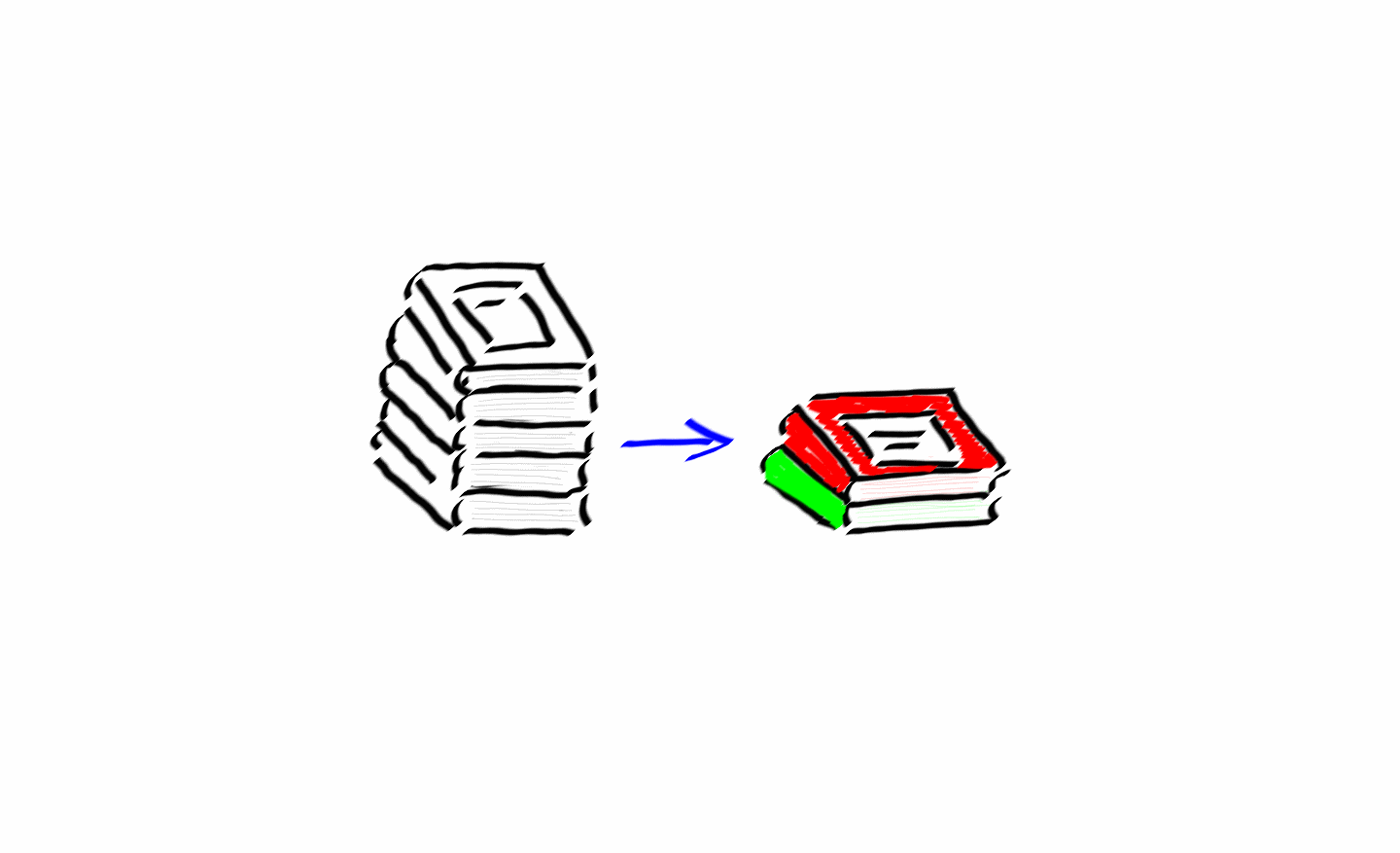
Despite optimizing my reading routine, it still requires some time. The time, which is always less than I need. I decided that I cannot afford just reading random titles hoping to find something useful or enjoyable because I cannot stand the feeling of wasted time after reading crappy or shallow writing.
Over time I have formed my preference for recommendation sources. They are the people I communicate a lot with and know them well, authorities in the areas of my interest, informative reviews by other readers and definitely the recommendations and references by the authors of books I have already read. From my experience, if you enjoyed a piece of writing and share the author’s views on the subject, it is more likely that his or her recommendations will be relevant to your interests and will be worth reading.
All this doesn’t mean that you should avoid picking up random books, but at a least, you should be aware of what you expect from your reading.
Tip 5: Take notes, take actions
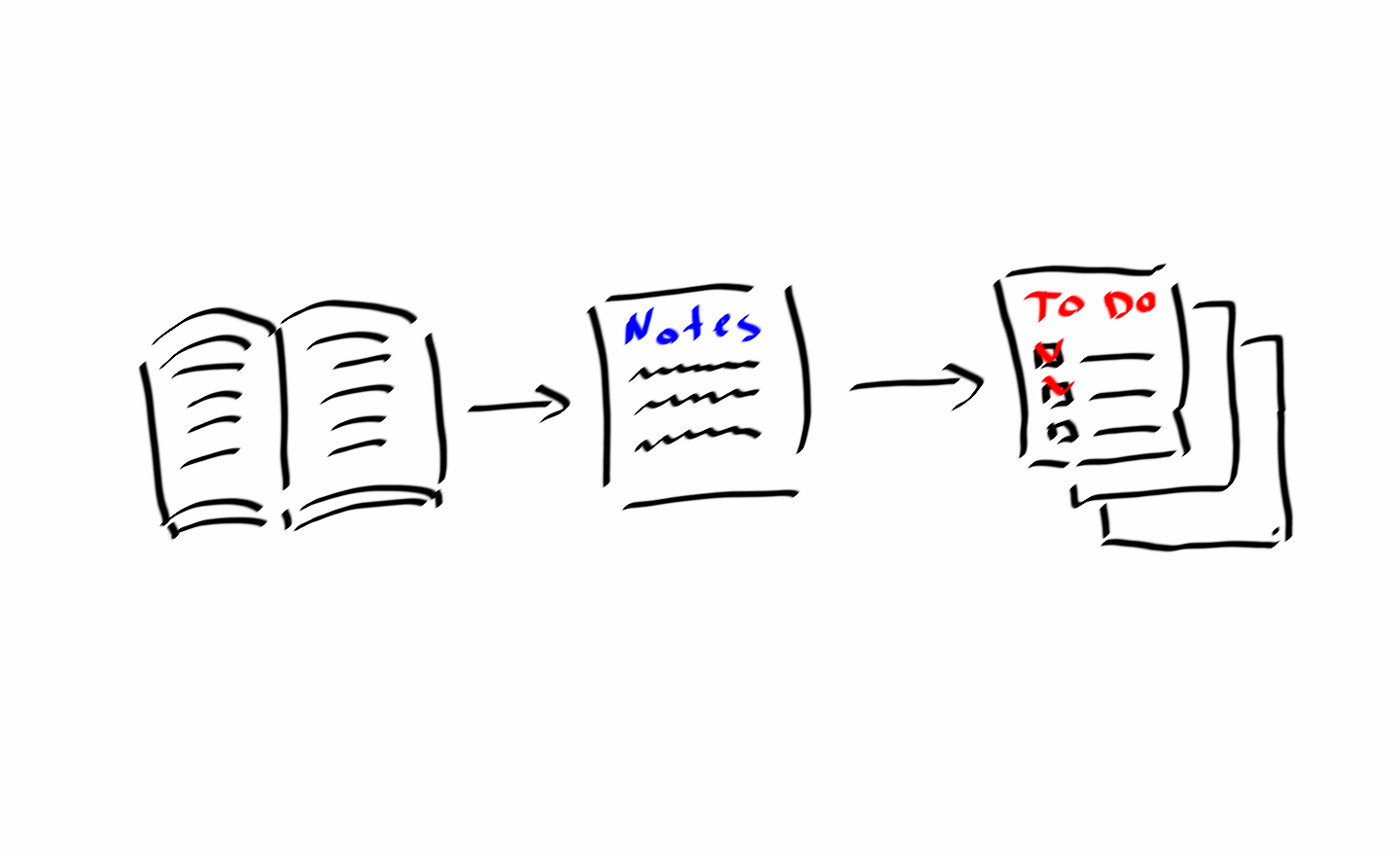
As Stephen Covey said in his best-known book “The 7 Habits of Highly Effective People”: “to learn and not to do is really not to learn. To know and not to do is really not to know.” I had to discover this truth in a hard way.
There was a time when I was challenged with new responsibilities at work. I had to attend multiple meetings, switch between tasks and carve some time to actually do the job. I became highly interested in time management, personal productivity and planning. I read a dozen books on these topics. But guess what? Nothing changed. I still felt exhausted and underperforming. All because of a simple fact that I didn’t even try to apply some new practices or techniques I had read about. All the time I spent reading those books was useless.
Do not repeat such a mistake. If you truly want to get some value from your reading, start taking notes on what impressed you the most and, moreover, apply these new or rediscovered ideas in your life. For example, you can begin writing book reviews even for yourself. Change requires action. If you take actions, it is more likely that you succeed with your personal or work challenges.
How do you read books? Share your tips and thoughts on this in the comments.
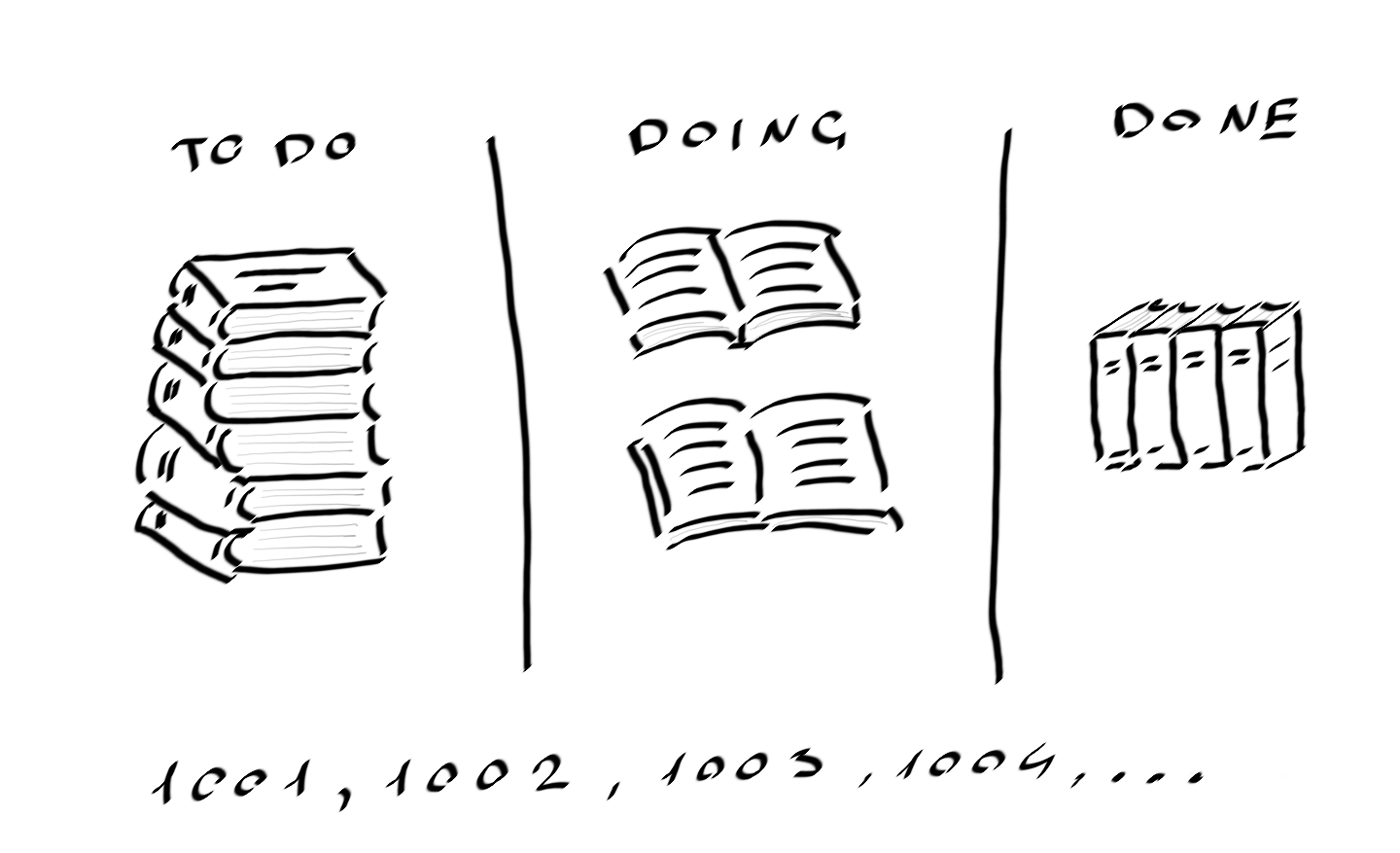
Member discussion: